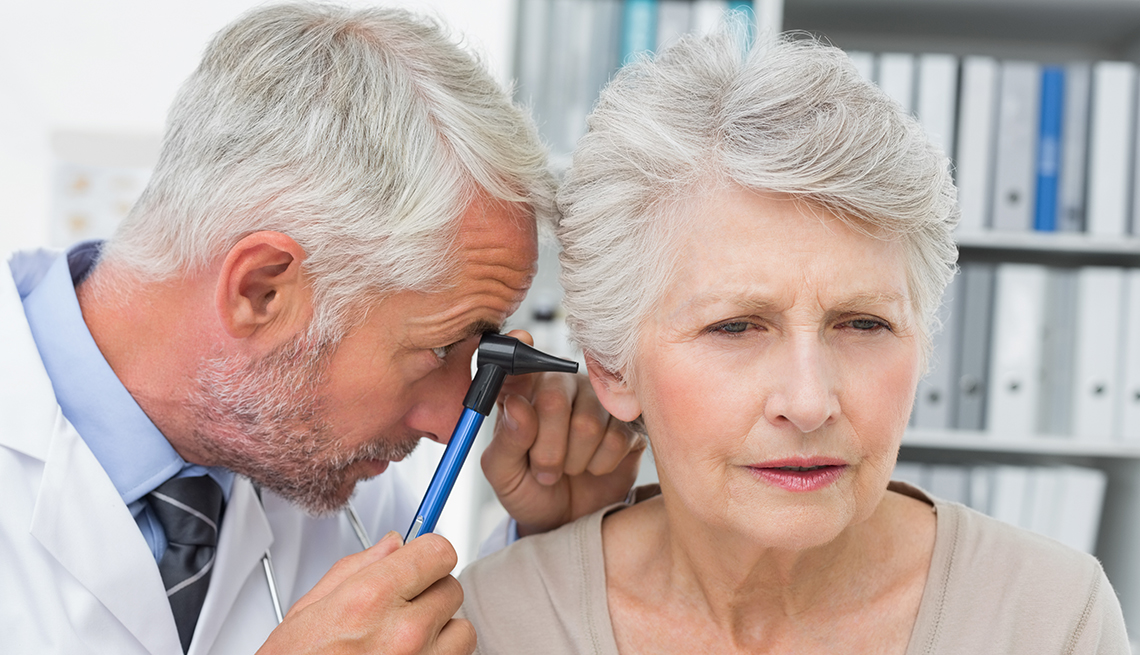
Going deaf, a story of gradual hearing loss
- Select a language for the TTS:
- UK English Female
- UK English Male
- US English Female
- US English Male
- Australian Female
- Australian Male
- Language selected: (auto detect) - EN
Play all audios:

Oral steroids are a standard treatment for sudden hearing loss, and although mine didn't fit that description, he prescribed them anyway, a blockbuster dose gradually decreasing over
the next two weeks. I was already stressed and overwhelmed with anxiety. Now I panicked. How could I possibly do my job with my hearing as diminished as it was? I took the rest of that day
off, working from home. I sobbed and raged and sank into an angry depression over the weekend. On Monday I went back to work. I made vague reference to my hearing having been affected by the
virus I'd had but stayed far from the truth. My hearing never got better. I struggled through another year, pretending to myself that I was managing. I'm a good lip reader, and I
set strategies in place to maximize my ability to understand. The following September I got a cochlear implant, but after three decades of profound hearing loss in that ear, it didn't
help much. Still, I thought I was getting away with it. Then a tough new boss came in. He didn't buy it. I wasn't a team player, he said. I left that job at the end of the year. At
first it seemed like a huge defeat. But as I gathered my strength and began to consider what to do next, I came to think of my hearing loss as an opportunity. I had been clueless about
hearing loss. I thought my situation was unique. I was embarrassed to be going deaf at such a young age. I hid my hearing aids and I tried to hide my cochlear implant. I knew nothing about
support groups or advocacy for people like me. And that was my opportunity. I could share what I learned, and continue to learn, about hearing loss. I became an expert — writing and talking
about hearing loss from the patient perspective, and eventually from the consumer perspective. It's an interesting transition from patient to consumer. As a patient, you are mostly a
passive participant, hoping for the best. As a consumer, you have rights. And as an advocate, you channel both of those roles into making your disability your strength. I never think about
that Halloween without a tinge of sadness. But out of that experience came a chance for a second act. One of the things I have found most interesting in my new life as a hearing-loss expert
and advocate is how many other people have also been forced into a second act. Many of my Hearing Loss Association of America colleagues have also become hearing-health activists, many of us
working as hard at it as we ever did in our paid professions. For me, and for others, it's also far more gratifying than my paid work ever was. And the best part — it's given me a
whole new life.
